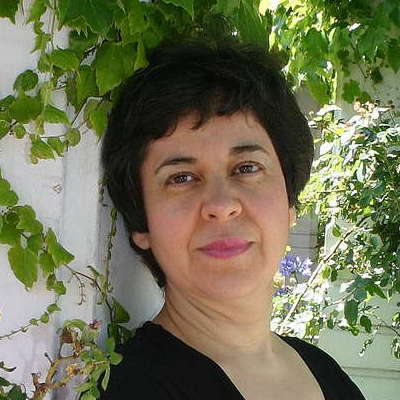 SPONSORED: A Seasoned Champion of New Music. Argentinian-American pianist Mirian Conti in conversation with Andrew Schartmann.
SPONSORED: A Seasoned Champion of New Music. Argentinian-American pianist Mirian Conti in conversation with Andrew Schartmann.
All sponsored features >>
Francisco Guerrero
Spanish Renaissance composer Francisco Guerrero was born in Seville, possibly on 4 October 1528, and received most of his early musical training from an elder brother. He became maestro de capilla at Jaén Cathedral when he was only seventeen, and by the time he was thirty had built up a considerable reputation as both composer and singer.
Most of his life was spent working in Seville, with a year in Italy, but in 1589 he travelled to Damascus, Bethlehem and Jerusalem, returning to Spain penniless after his ship was attacked by pirates. He published the story of his adventures in 1590 and the book sold well. Whilst planning a second adventure, he died in the plague in Seville, on 8 November 1599.
Guerrero wrote both sacred and secular works, in a surprisingly wide variety of moods.
A selection of articles about Francisco Guerrero
A Treasure Trove - Roderic Dunnett explores the substantial catalogue of Regent Records
CD Spotlight. A Glittering Compilation - Spanish Christmas music from Stile Antico impresses Gerald Fenech. 'Flawless performances by Stile Antico, added to some impressive sonics and eye-catching presentation ...'
Ensemble. In Complete Command - Britten's 'The Company of Heaven' and Renaissance Polyphony, heard by Mike Wheeler


